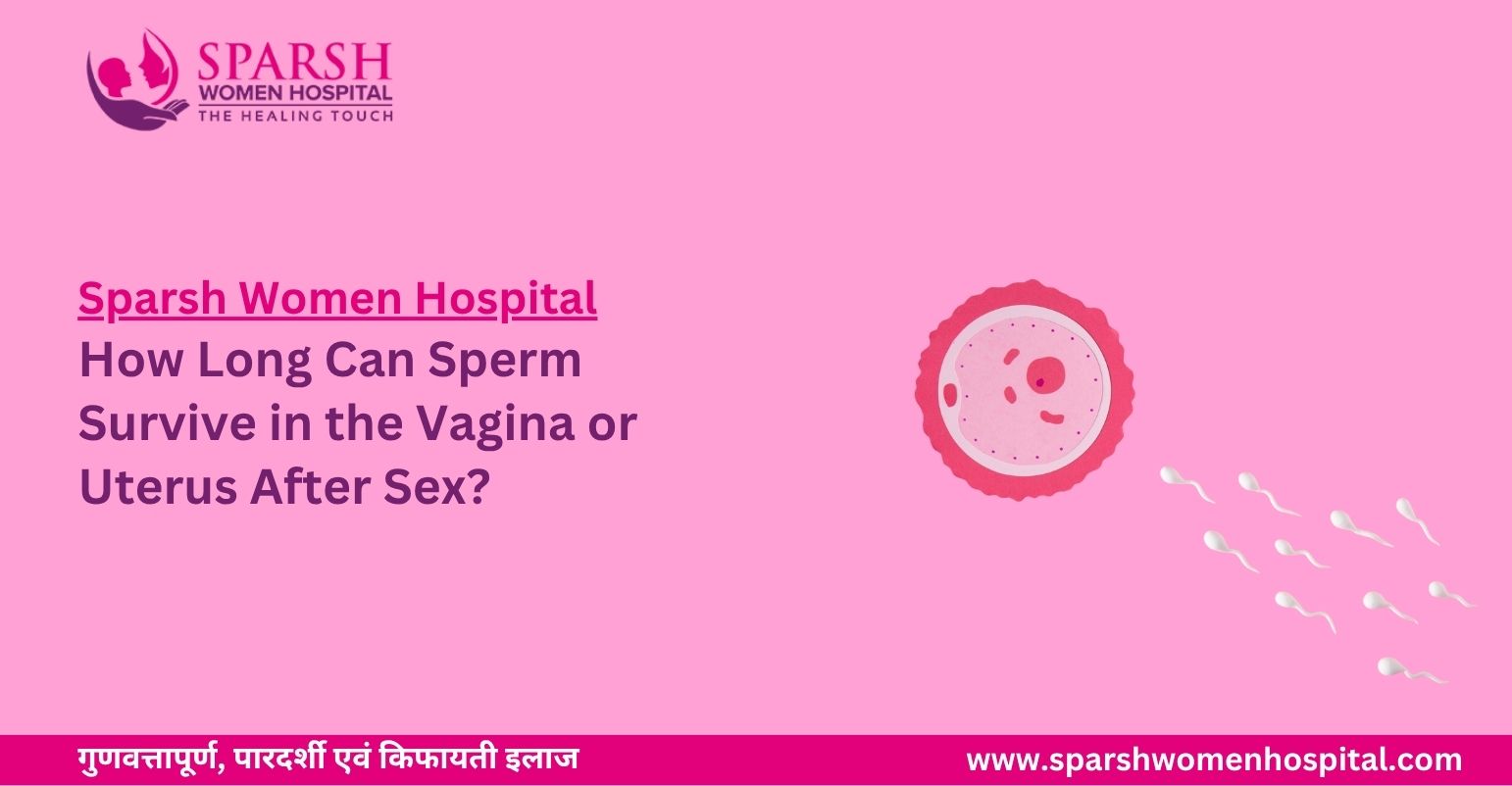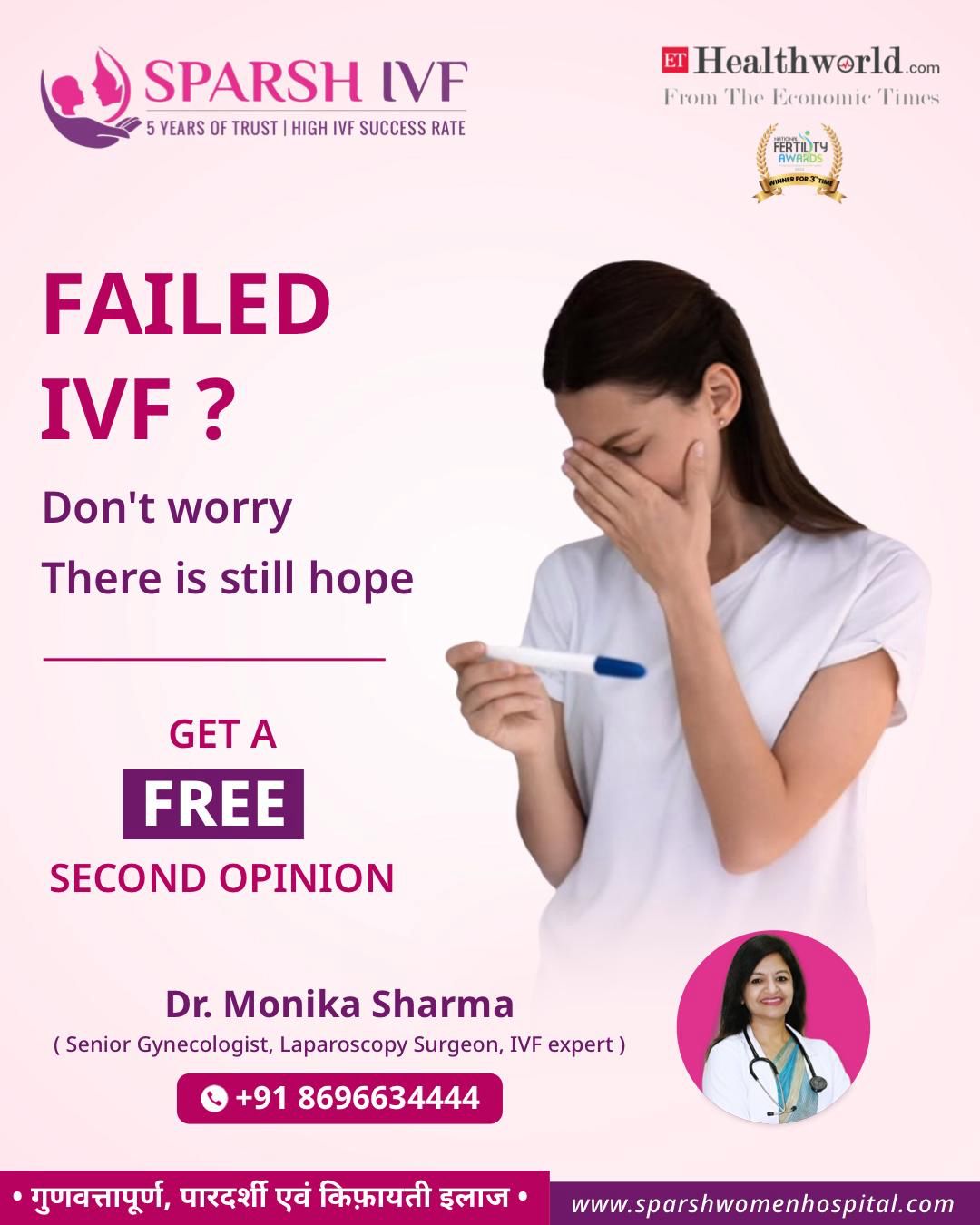
When it comes to fertility, timing is everything. Whether you're trying to conceive or avoiding pregnancy, understanding how long sperm survive inside the female reproductive tract can make all the difference. At Sparsh Women Hospital, we believe that education is key to making informed health decisions. So, let’s break down the science behind sperm survival after sex.
How Long Do Sperm Live in the Vagina?
Right after ejaculation, millions of sperm are released into the vagina. However, the vaginal environment is naturally acidic, which can be hostile to sperm. In this acidic setting, most sperm die within a few minutes to an hour.
But there’s a catch:
If a woman is ovulating or nearing ovulation, cervical mucus becomes more alkaline and slippery, helping some sperm survive and swim toward the uterus.
Sperm Survival in the Uterus and Fallopian Tubes
If sperm successfully pass through the cervix and enter the uterus, their chances of survival increase dramatically. In optimal conditions (like around ovulation), sperm can live:
-
Up to 5 days in the uterus or fallopian tubes
-
Average lifespan: 3 days
This longer survival period gives couples a "fertile window" for conception—usually the 5 days before ovulation and the day of ovulation itself.
Factors Affecting Sperm Lifespan
Several factors influence how long sperm live after intercourse:
-
Cervical mucus – Fertile cervical mucus nourishes and protects sperm.
-
Timing of ovulation – The closer to ovulation, the better the conditions.
-
Sperm health – Strong, motile sperm live longer.
-
Female reproductive health – Infections or abnormalities can affect sperm movement and lifespan.
Why This Matters for Fertility Planning
-
Trying to conceive? Have intercourse during the fertile window to increase your chances.
-
Avoiding pregnancy? Be aware that sperm can live several days inside the uterus, so tracking ovulation is key for natural family planning.
When to Consult a Fertility Expert
If you've been trying to conceive for over a year (or 6 months if you're over 35) without success, it’s time to consult a specialist. At Sparsh Women Hospital, our fertility experts, including Dr. Monika Sharma, offer personalized evaluations and treatments to help you on your journey to parenthood.
Conclusion
Sperm may seem short-lived, but in the right conditions, they can live long enough to meet the egg and fertilize it. Understanding the biology behind reproduction helps you make informed choices—whether you're planning a pregnancy or preventing one.
For personalized fertility advice, book an online appointment with Dr. Monika Sharma at Sparsh Women Hospital—your trusted partner in women's health and fertility care.



Post Your Comment